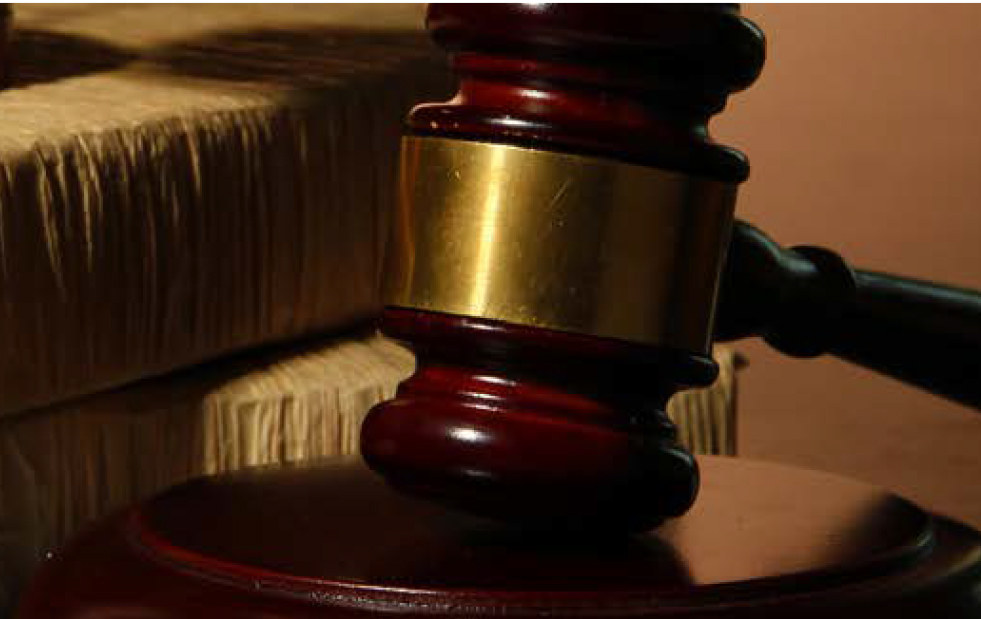“Trade marks influence consumer decisions every day. A strong trade mark creates an identity, builds trust, distinguishes you from the competition, and makes communication between seller and buyer simpler. Because so much money and time is often invested in a trade mark, it is worth paying something to protect it from misuse”
– European Union Intellectual Property Office
What typically constitutes a trade mark?
There is generally no closed list of trade marks. The Intellectual Property Law [QA 9 of 2002] (the “Trade Mark Law”) lists the following as possible trade marks: names, signatures, words, letters, numbers, designs, pictures, symbols, stamps, seals, vignettes, three-dimensional figures, colours, sounds, smells and any other sign or a combination of signs.
The value of a trade mark
A trade mark encapsulates a part of the goodwill of a business, which may be defined as the “attractive force which brings in custom”. Goodwill has monetary value resulting in some of the top trade marks in the world being valued at tens of billions of dollars.
Must a trade mark be registered in Qatar in order for it to be protected?
Article 26 of the Trade Mark Law provides that the person who registers a trade mark shall be deemed to be the absolute owner. The Trade Mark Law does, however, make provision for objecting to a trade mark application, registration or use of a trade mark on the basis that it is the same as or similar to a well-known trade mark. Therefore, in most cases, a trade mark will only be protected in Qatar if it is registered, although there are remedies available to the owners of unregistered, well known trade marks in certain circumstances.
The benefits of registering a trade mark
In general, the greatest advantage of registering a trade mark is that it eases enforcement of the underlying trade mark rights. The statutory right granted by way of registration is a right to exclude others from using the trade mark, as opposed to granting the proprietor the right to use it.
Other advantages include the ability to:
- record the registration of your trade mark at customs level, if recordals are available, to prevent importation of infringing foreign goods;
- rely on the trade mark registration when lodging complaints at other official bodies involved with the combatting of counterfeit goods; and
- record licenses against the trade mark registration and assigning the registration to a third party.
Are any marks unregistrable or disqualified from registration?
Yes, to be registrable, a trade mark must distinguish or be capable of distinguishing the goods or services of one undertaking from those of another. This means that descriptive, common-place and laudatory marks are generally not registrable.
There are a number of other reasons why a trade marks might be disqualified from registration, including those which are likely to deceive, cause confusion, are offensive, or immoral. The following are also disqualified: official signs and hallmarks of the State of Qatar which communicate State control or guarantee; public emblems, flags and other symbols and names or denominations relating to a State or to an international organisation; signs identical or similar to the Red Cross or Red Crescent and other similar symbols and the picture of a third party or his emblem; and indications of honorary distinctions.
Who may register a trade mark?
Generally, any natural person or businesses. Trade marks may also be registered by non-profit organisations, associations, governmental, quasi-govermental bodies, and others.
The process of registering a trade mark
The registration process starts by filing an application for the trade mark with the Industrial Property Section of the Department of Commercial Registration & Licenses at the Ministry of Business & Trade.
Once applied for, trade marks are normally examined as to formal and substantive requirements. The examiner in any particular case may reject a trade mark application, accept it wholly or subject it to certain conditions.
Once a trade mark has been finally accepted, it is then published to afford third parties the opportunity to oppose it.
If the trade mark is not objected to, it should then proceed to registration.
Should anything be done before applying for the registration of a trade mark?
Before filing an application for a trade mark, it is advisable to first conduct a search of the register of trade marks, to determine whether or not the trade mark is available. It is always advisable to consult with a trade mark specialist, to guide you on your trade mark undertakings.

E: dubai@cwblegal.com
T: (971) 4 381 6888
E: doha@cwblegal.com
T: (974) 44 101562




















